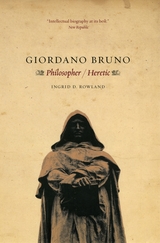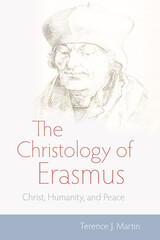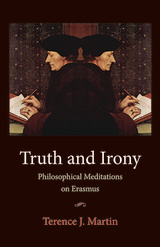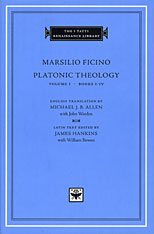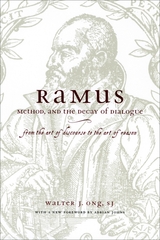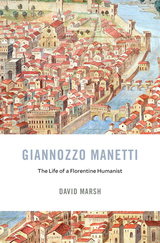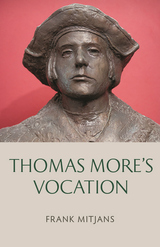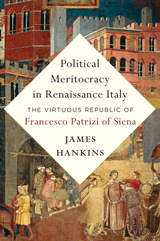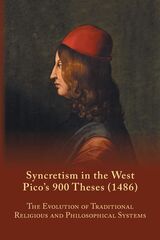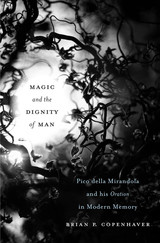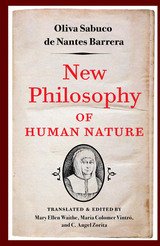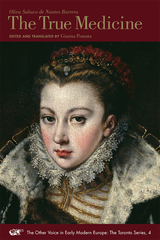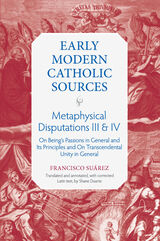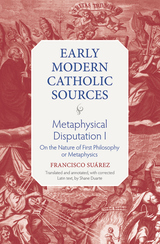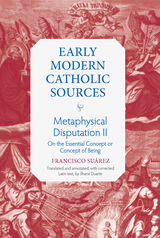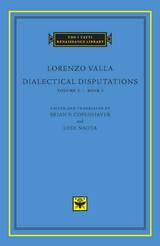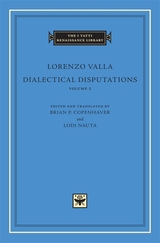Cloth: 978-0-674-58735-9
Library of Congress Classification B785.M84H48
Dewey Decimal Classification 171.4
Readers familiar with Castiglione's The Courtier will welcome this translation of Ellis Heywood's Il Moro, which also uses a conversation among friends as a vehicle for expressing philosophical points of view. Written by an Englishman in Italian, it now makes its first appearance in English translation since it was published in 1556.
In Il Moro Heywood constructs a presumably imaginary debate about the nature of true happiness between his great-uncle Sir Thomas More and six of More's friends. As each speaker presents his views, conflicting currents in Renaissance moral philosophy are made explicit. The merchant Laurence presents the cynical view that men are motivated solely by self-interest and thus seek riches as their greatest happiness; Charles, a dabbler in Neo-Stoicism, argues for virtue and the honor it confers; while Peter defines happiness as based on love, after the fashion of the Neo-Platonists. After these alternatives are dismissed, Leonard maintains that happiness is relative to the individual, Alexander opts for knowledge, and Paul holds forth on the theme that seeking happiness is the worst kind of vanity.
More then reconciles these antagonistic views from the standpoint of a Christian humanist. Happiness, says More, is to be found in the control of appetite by reason, that divine faculty in man which uses the things of this world as instruments for working out the full implications of one's relation to God.
Heywood's principal intention in composing this dialogue about happiness seems to have been to provide posterity with a loving memorial of one of England's greatest humanists. Roger Deakins, in his introduction, discusses the circumstances under which the work was written and sketches the philosophical background in classical, Thomistic, and Renaissance Italian literature. The original Italian text has been reproduced in the back of the volume.
See other books on: 1478-1535 | Happiness | Memory | More, Thomas, Saint | Thomas More
See other titles from Harvard University Press

